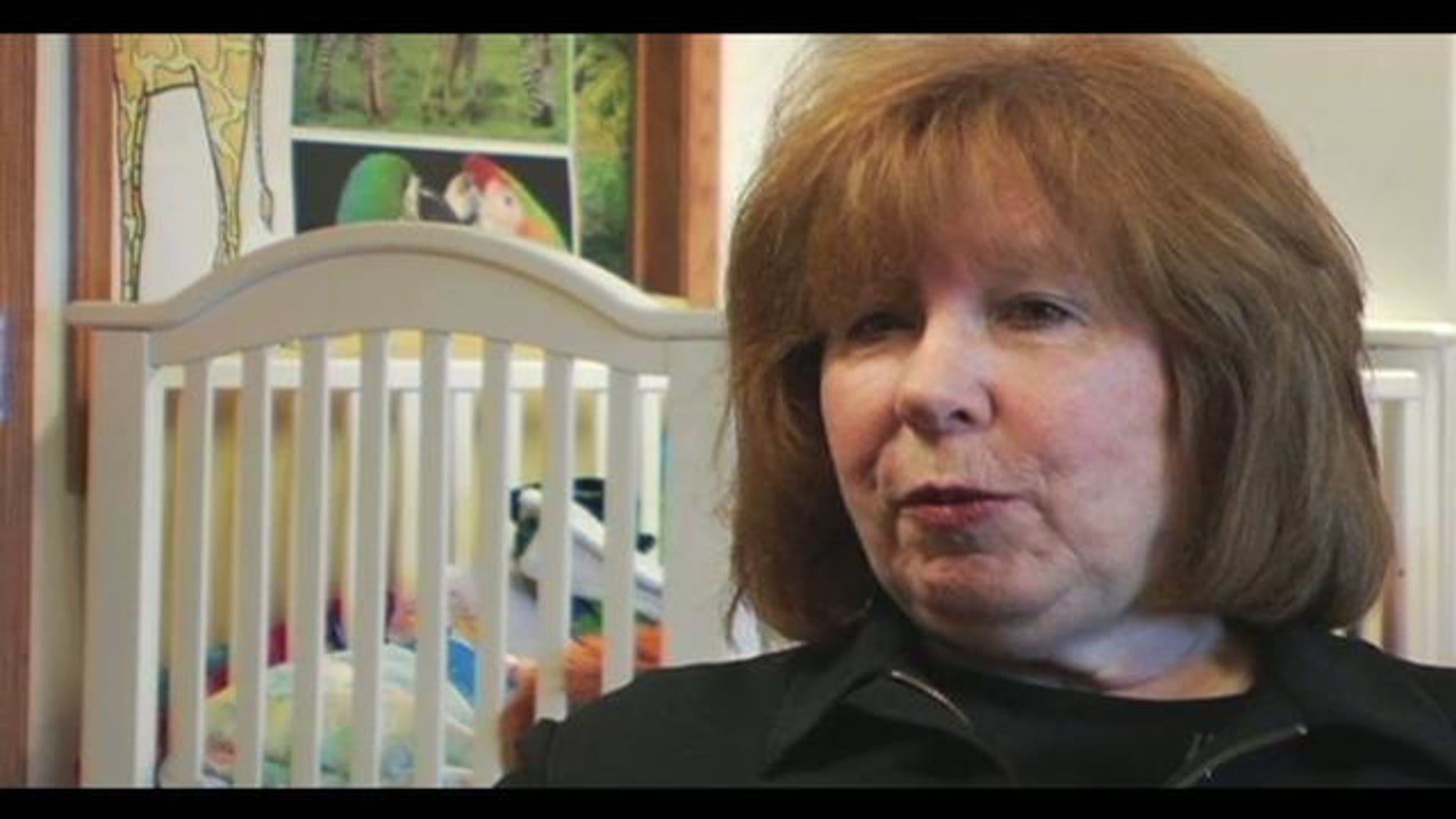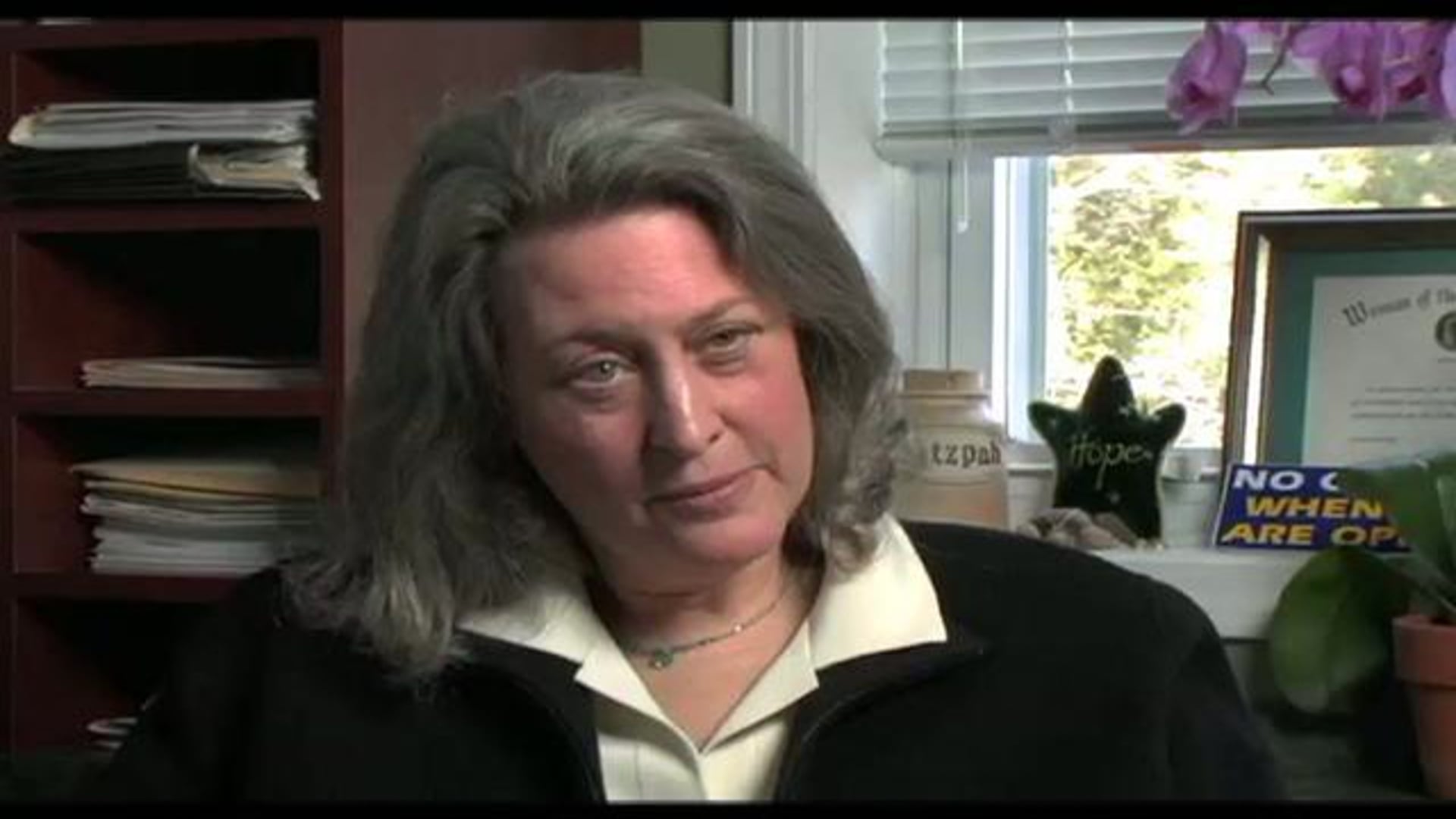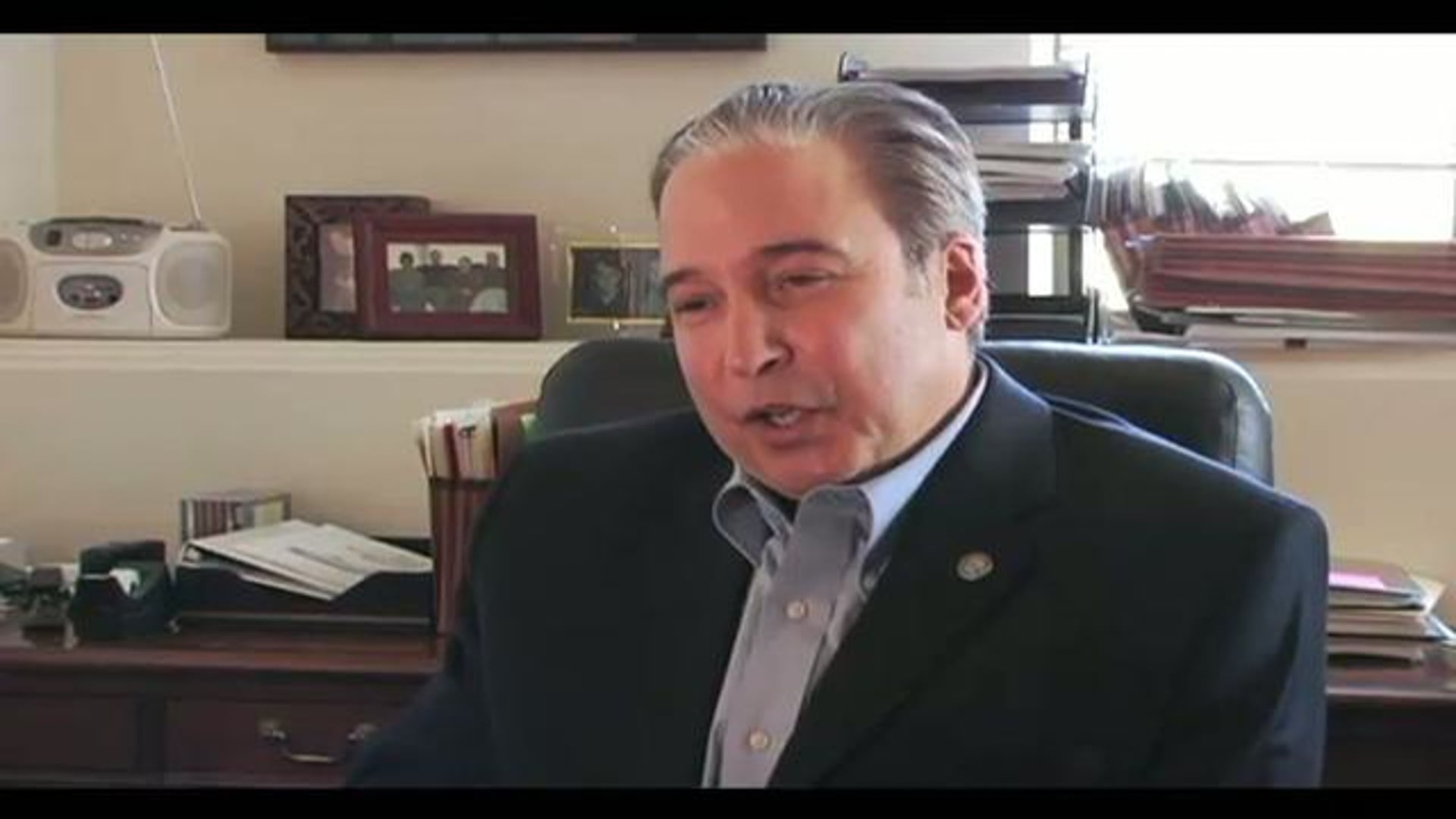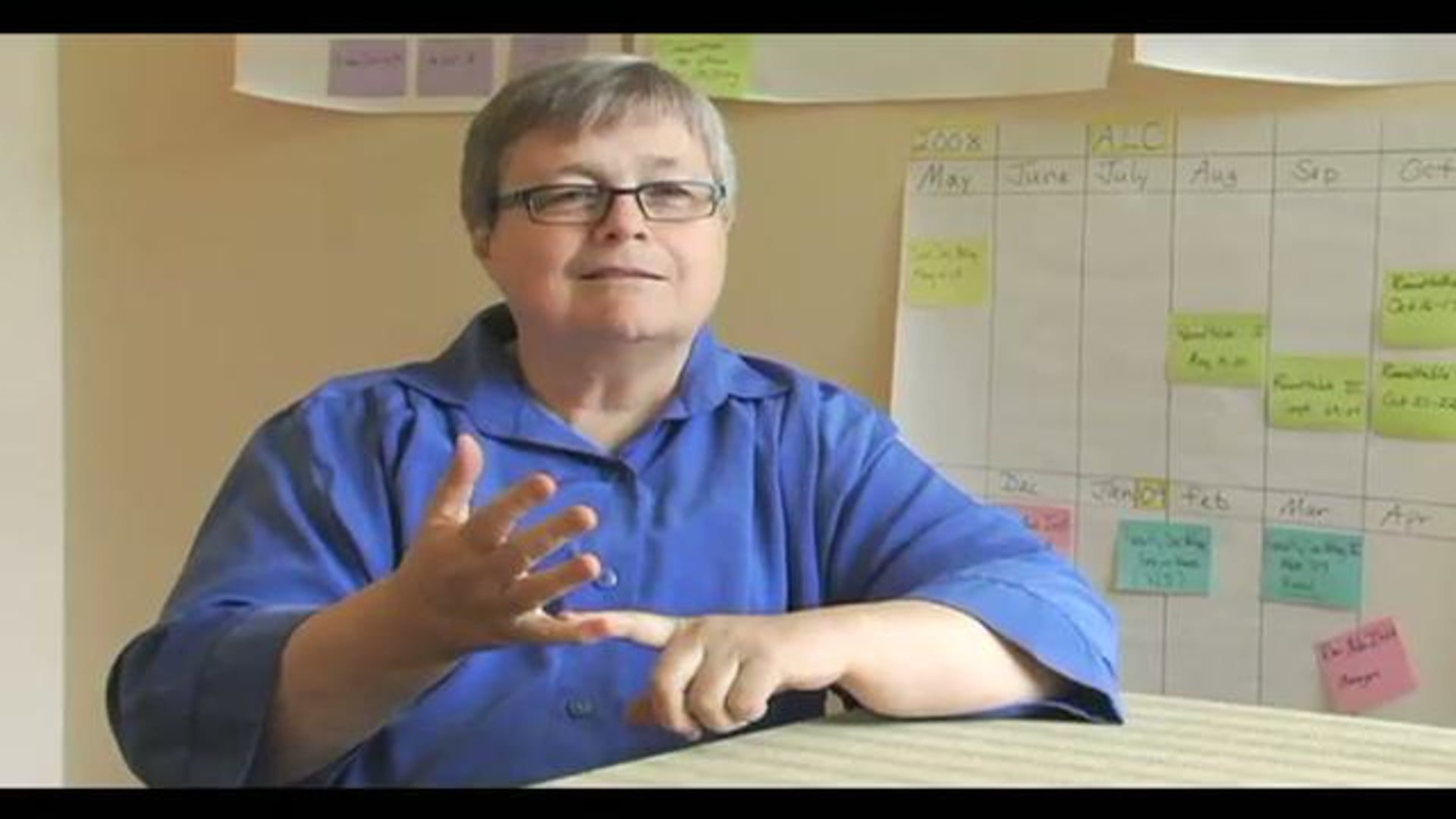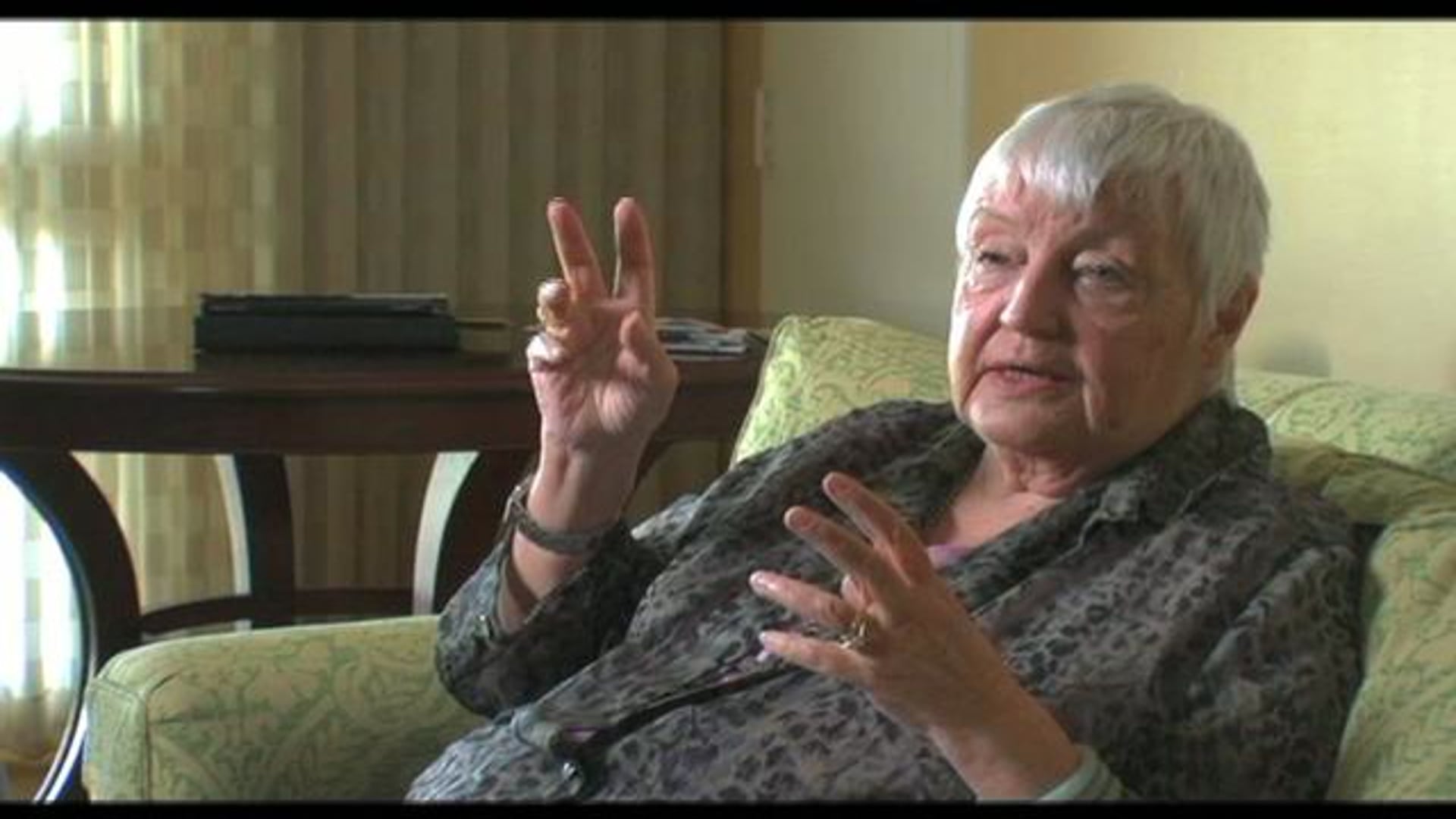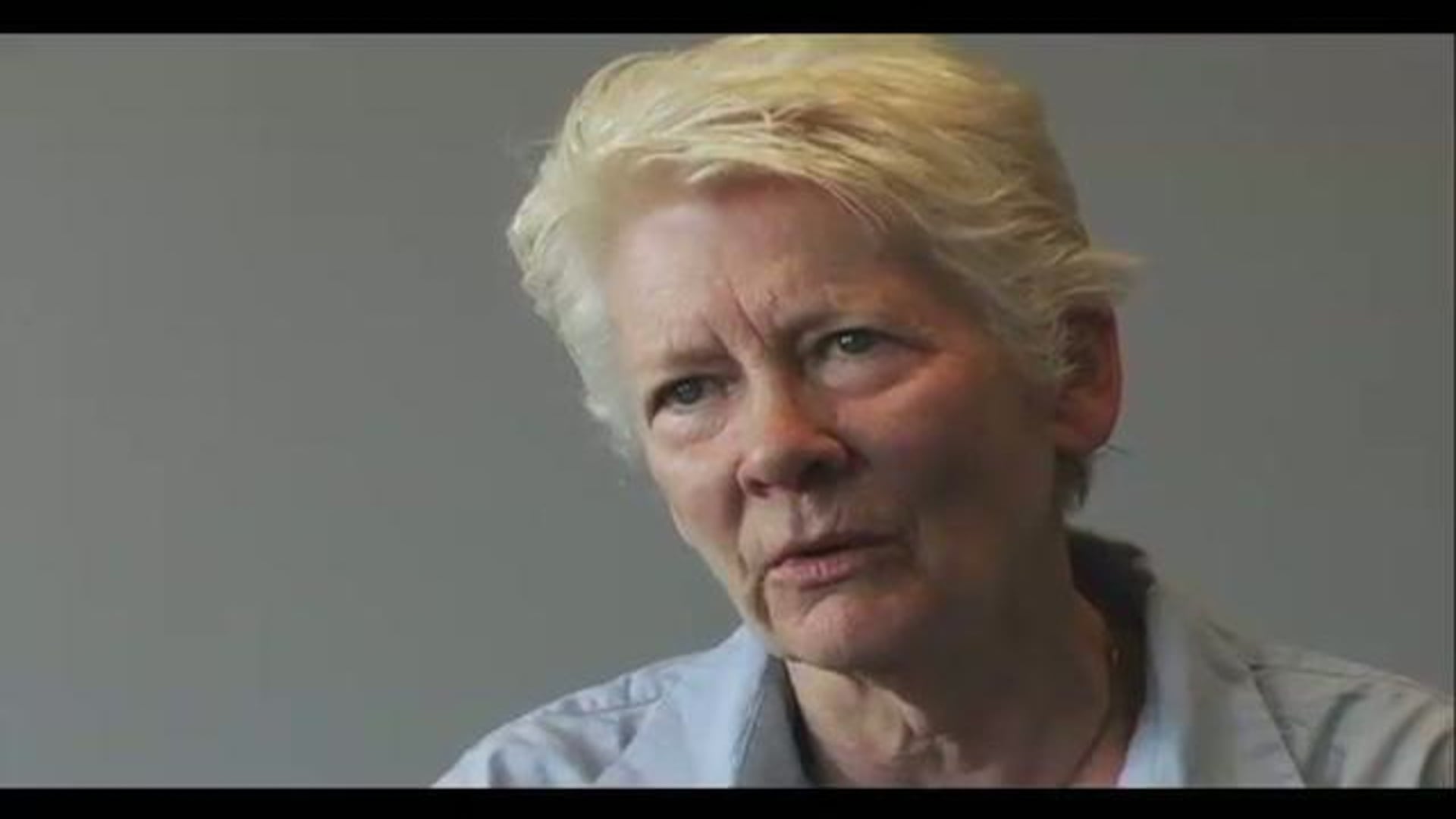Safe Haven Shelter begins
We started out as a collective, we started out as all volunteer, and then when we actually opened our doors with a $50,000 dollar grant from the Department of Corrections we all paid ourselves $4 an hour. And we had group management. We called ourselves a collective, and we operated that way until 2001, when the board of directors hired an executive director…We were more activists back in the beginning, and now we’re more service providers. I think that’s a big change. We still participate as much as we can in systems change, but we have. as I said, these grants that we have to fulfill our obligation for. Serve so many people, provide so many services. So, that becomes a big focus.
“Hummingbird brain, alligator mouth”
My very first police training, and this was one of my favorite old stories. Shirley and I went to our very first police training in, probably, 1979. And it was a room full of police officers, Duluth police officers and we were going to do a sensitivity training, and we’re speaking at the time, I was speaking and one of the officers said, “Wait, wait, wait stop, are you really trying to tell me that your husband never slaps you around?” And, I’m like looking around thinking well is this a joke, you know, nobody said anything, I realized he was dead serious and I said, “no he doesn’t.” “Well he’s a damn fool.” And I just couldn’t believe it, and I still was waiting for someone to say something, and none of them said anything. So, I proceeded. A little while later the same guy is like, “oh my god you women with your hummingbird, brains and your alligator mouths, I don’t know what kind of garbage you’re telling us.” And, so,at break time there was probably four officers who came up to us and said, “we’re really sorry about that,” but they didn’t say anything during the training. So, times have definitely changed in lots of ways um, we have a wonderful relationship with the Duluth police department. Mutual respect. We do trainings together, we cooperate together, you know they would respond in a second if we called them.
Restorative justice practices
I think somewhat we have focused so much on offender accountability, and victim safety, and now I think we need to focus on prevention and healing. And our community has, I think I talked to you a bit about this, been looking a little bit at restorative practices, and you know, all along I think we’ve done restorative practices, but now we’ve branched out, and incorporated a few more into the community.
Surrogate dialogue
Um, one of them is called ‘Surrogate Dialogue.” I don’t know if you’ve heard of that. It originated in Oregon, and that’s where an offender and a victim, not a victim, a survivor, come together. They’re strangers. They’ve both been through some kind of either counseling, programming group something, and have been interviewed, and both of them seem appropriate. They come together, and have a dialogue, or conversation. And there’s people there, facilitators to make sure that it’s safe for them…The main goal I think is to have deeper understanding for both parties. Like, you know the survivor has often a deep need to know why, you know, why did I do something, and in all the situations the offender has pretty much taken responsibility, and told the survivor, “It wasn’t about you. You didn’t do anything to cause this. You know, it was your husband, or your partner’s inability to be in an equal relationship.” And I’ve been impressed with all three of the offenders’ willingness to take responsibility for what they did. And say, you know, it was about me wanting my way, it was about me wanting what I wanted when I wanted it, and by you telling me your story I have a deeper understanding of what my partner went through things that I didn’t listen to, or didn’t understand, but I’m able to listen to you.
Domestic violence: more complex issues, fewer resources
Has domestic violence decreased? I don’t think so. I mean, back then we thought well, maybe in thirty years we wont need a shelter anymore, and in fact we need a bigger shelter there’s more complex issues, more violence, less resources. So, even though we’ve grown um, today I think we’re facing how are we going to meet these new challenges.


